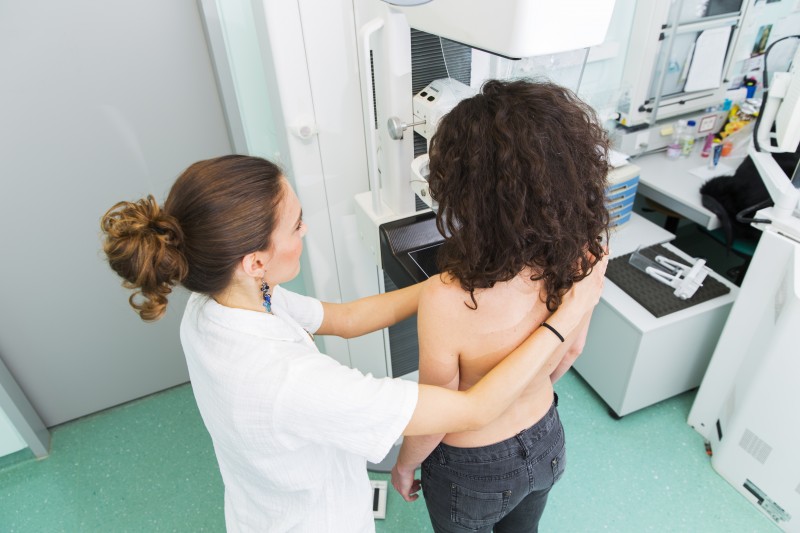BU breastfeeding research has generated impacts for a wide range of beneficiaries at a local, national and international level. Research has influenced and informed policy and guidelines in the UK and Australia. It has informed research-based training modules for midwives, lactation consultants and other related professionals. The research-based online resources produced by BU are regularly used by around 1,500 breastfeeding mothers from across the globe every month.
Breastfed babies experience fewer health problems during the first year of life. No manufactured substitute equates to breast milk but in the UK many infants never receive it. BU has been conducting both practice-driven and theoretically-based research projects on breastfeeding since 1998. Projects have examined the moral conflicts women go through, the value of peer support, the effectiveness of current NHS policy and how midwives’ and lactation consultants’ practice can be altered to better support breastfeeding mothers.
Policy and best practice guidelines
BU’s peer support research informed the Australian Breastfeeding Association in their submission to the ‘Parliamentary Inquiry into the Health Benefits of Breastfeeding’. This led to the ‘Australian National Breastfeeding Strategy 2010-2015’, which is employing a range of methods to contribute to improving the health, nutrition and wellbeing of infants and the health and wellbeing of mothers by protecting, promoting, supporting and monitoring breastfeeding.
On a local level NHS Devon and Devon County Council used the work in their guidelines. ‘Best Practice for Breastfeeding Peer Support’ (2012) was designed to show what a good quality, effective breastfeeding peer support initiative should include, providing details of the pitfalls and examples of best practice. BU’s research formed part of the evidence base for the benefits of peer support services.
At the time of the case study’s publication:
Improved practice for midwives, lactation consultants and other related professions
Video narratives, chronicled between 2005 and 2007, informed the development of two training units: ‘Supporting Breastfeeding Mothers’ and ‘BURP Infant Feeding’. Both units are aimed at health professionals and peer support workers and require participants to identify and reflect on their own attitudes towards infant feeding, to enhance their understanding of breastfeeding and encourage critical reflection on practice.
BURP Infant Feeding was originally developed for Winchester and Eastleigh Healthcare NHS Trust. It has since been sold to Princess Anne Hospital, Southampton for £7,500. An estimated 600 staff are trained using this package. When compared to the standard breastfeeding training course cost of £250 per staff member by an external provider, this package saves an estimated £142,500 per NHS Trust.
Improved experience for breastfeeding mothers
BU research has provided direct support to breastfeeding mothers via HealthTalkOnline; a website run by the charity Dipex and in association with the University of Oxford. The site covers a wide range of health issues and BU researchers used the video interviews to compile and produce the breastfeeding pages.
Since the pages were launched in 2007 the number of visitors has risen steadily and in February 2013 the webmaster reported an average of 37,000 page views on BU’s breastfeeding pages from 1,500 unique users each month. Users came from around the world including Australia, New Zealand, the USA and Canada.
The findings from Dipex’s online evaluative questionnaire indicated that 97.4% considered the webpages helpful. Most importantly though, responses demonstrated changes in users’ behaviour or attitudes; 7.7% of respondents had decided to continue breastfeeding or start breastfeeding after visiting HealthTalkOnline website.

